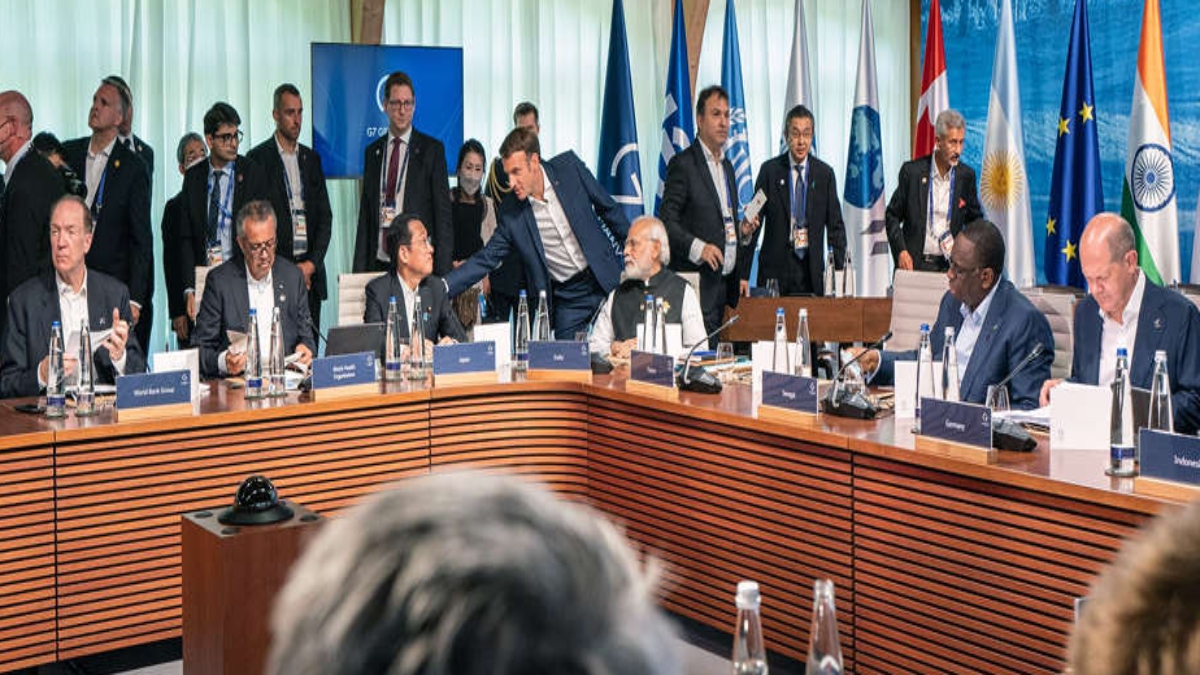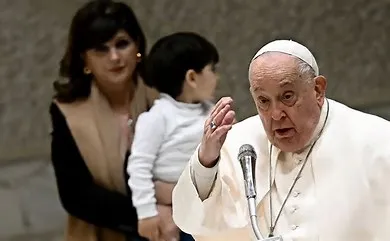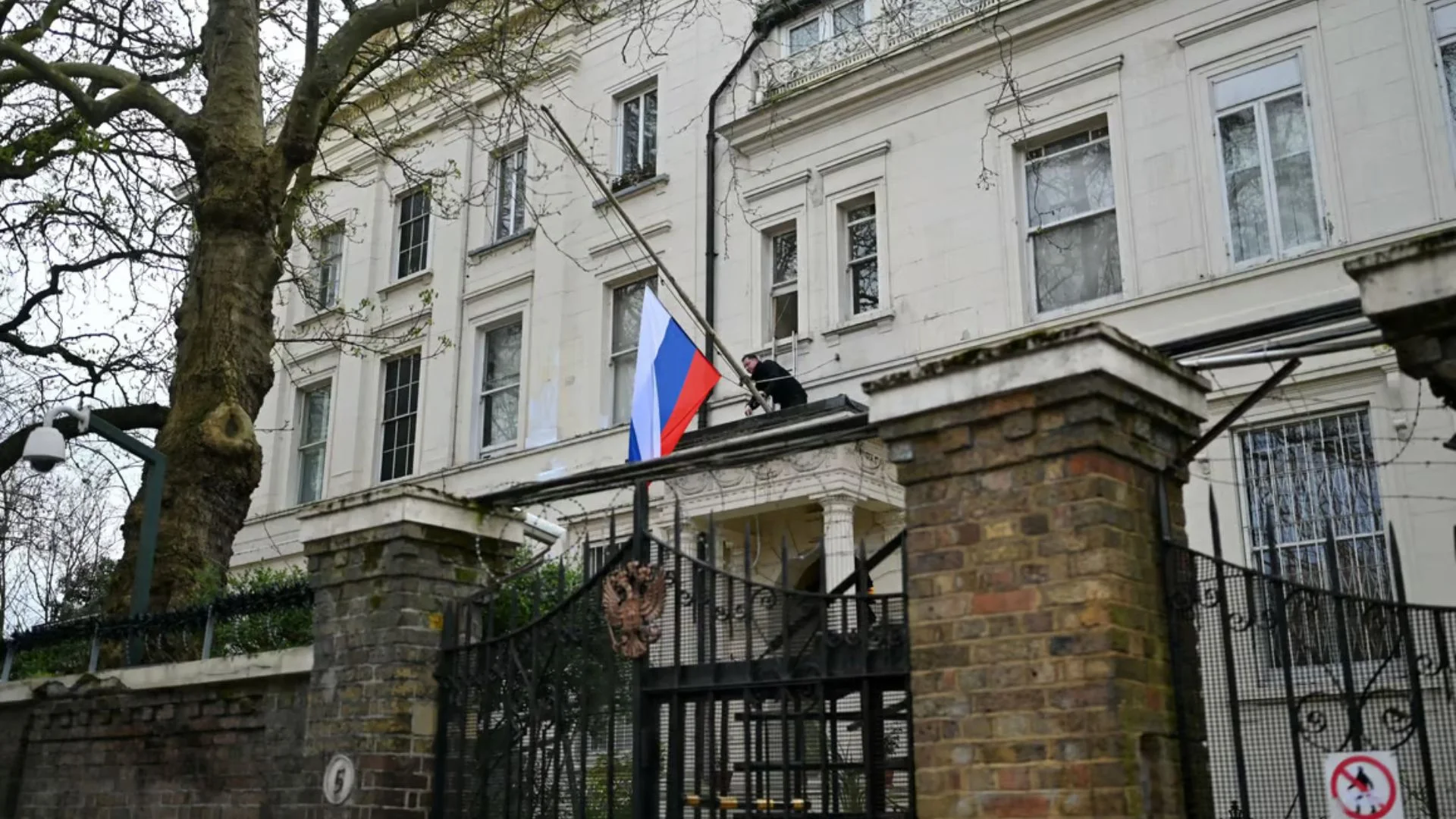Even though the Ukraine invasion and sanctions on Russia dominated the deliberations at the G7 Summit in Germany, the leaders of the group of seven wealthiest nations of the world—the US, Canada, Italy, the UK, France, Germany, and Japan—focused on Beijing’s belligerence and human rights violations in China in what must have come as a shot in the arm for India.
That the G7 communique devoted quite a lot of space to China’s rights violations in Xinjiang and also to its strident claims over much of the South China Sea is a welcome move as far as New Delhi’s diplomatic campaign to garner global support against Beijing’s belligerence is concerned. The G7’s advice to China to respect fundamental freedoms is a clear message to Beijing that it should first see its own records on human rights violations before commenting on internal matters of other countries including India. In a stronger message to China, the world leaders stressed in the statement that the situation in Tibet, and in Xinjiang, where there is “forced labour”, “is of major concern to us”.
The G7 statement pledging to reduce “strategic dependencies” on China should be viewed as another setback to Beijing. It is an indication that the G-7 will toughen its stance against Beijing in days to come. With China looming large, Prime Minister Narendra Modi’s statement in Germany that he was looking forward to fruitful discussions with world leaders on various topical issues implied how G7 was prepared to focus also on Beijing despite several engrossing issues such as Ukraine and global economy. A US official reportedly called the collective statement “unprecedented in the context of the G7” in acknowledging “the harms caused by China’s non-transparent, market distorting, industrial directives”. What the US official was referring to was the G7 leaders’ blistering attack on China while condemning its “non-transparent and market-distorting” international trade practices. Beijing’s increasingly strident claims over much of the South China Sea has also sparked alarm among the G7 countries over its military ambitions. What is believed is that China’s assertiveness in other geographies might have figured during PM Modi’s bilateral talks with various world leaders on the sidelines of the G7 Summit at Munich.
All the leaders voiced concern about human rights violations in China. They urged Beijing to respect fundamental freedoms. All this suggests that the global community, particularly the seven powerful countries, are keeping a close eye on all the developments in China. What is also suggested is that China’s aggressiveness in the Indo-Pacific and along the Line of Actual Control (LAC) is also on the radar of the global community.
The G7’s project ‘Partnership for Global Infrastructure and Investment’ (PGII), a joint initiative to fund infrastructure projects in developing countries, is already being seen as the bloc’s counter to China’s Belt and Road Initiative (BRI). Pushing its debt-trap diplomacy across various economically weak nations, Beijing is said to be alarmed over the G7’s initiative to counter its BRI projects. Indian Foreign Minister Vinay Mohan Kwatra may have given a relatively lukewarm reception after the unveiling of this ambitious project by the G7, but New Delhi will be ready to be part of it after “examination of the details”.
India’s importance in the G7’s strategy to deal with China’s challenges in the Indo-Pacific is known to all the seven countries. Moreover, India is already working with two of the G7 nations—the US and Japan—in the Quad on the Indo-Pacific challenges. Its coordination with the remaining five countries is also quite smooth. As a result of all the equations and coordination, India is likely to be considered to be made a new addition to G-7. The Modi government is perhaps giving momentum to the diplomatic campaign to get into this elite group.
Undoubtedly, the United States has long cast a wary eye at China over its trade practices. The Biden administration also believes that China’s trade practices are designed to accord an unfair and undue advantage to Chinese companies over foreign firms. The G7 leaders have, therefore, signaled that they would seek to “extricate themselves from economic dependence” on China in what will be yet another jolt to it. So, the G7’s opinion about China that came up at the Summit in Germany is a breather for India.





















